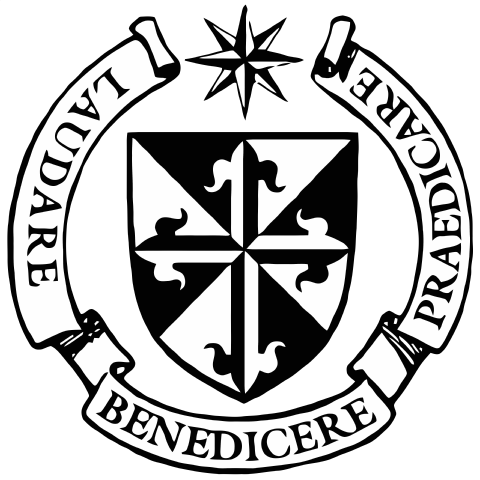Homily for Solemn First Vespers for the Solemnity of the Immaculate Conception
JM + JD
Solemn First Vespers - Immaculate Conception
I would like to put these two short verses from the eighth chapter of St Paul’s Letter to the Romans, which make up our short reading for First Vespers on the Solemnity of the Immaculate Conception of the Blessed Virgin Mary in their (slightly) larger context. We know that God makes all things work together for the good of those who love God and are called according to His decree. Those whom He foreknew He predestined to share the image of His Son, that the Son might be the first-born of many brothers. Those whom He predestined, He likewise called; those He called He also justified; and those He justified He in turn glorified.
A passage with which we are all very familiar, and it’s easy to understand why this teaching of St Paul is particularly fitting as the Church celebrates the unique privilege of the Blessed Virgin Mary to have been preserved from all stain of sin from the very moment of her existence. Mary is the Immaculate Conception because she was to be the Mother of the Redeemer, the Mother of He who would accomplish this process, in you and in me, of foreknowledge, of predestination, of adoption, of vocation, of justification and of glorification, a process which continues to unfold in your life and mine until that moment when each of us is given a share in the glory which belongs by right to Christ, a glory in which our Blessed Mother (preeminently) and the other saints already share.
Mary is the Immaculate Conception for your sake and mine, so that the Redemption brought about in the life, death and resurrection of her Son, Jesus, might conquer the power of sin and death, not in some universal manner, but in your life and in mine and in the life of everyone who is incorporated into the Body of Christ. As it says in the Prayer over the Offerings for today’s Solemnity: “Grant that, as we profess her, on account of your prevenient grace, to be untouched by any stain of sin, so, through her intercession, we may be delivered from all our faults.”
St John Paul II, in his encyclical, Redemptoris Mater, Mother of the Redeemer, which he gave to the Church and to the world in 1987, thirteen years before the Jubilee Year 2000, said this: According to the belief formulated in solemn documents of the Church, this "glory of grace" is manifested in the Mother of God through the fact that she has been "redeemed in a more sublime manner."
By virtue of the richness of the grace of the beloved Son, by reason of the redemptive merits of him who willed to become her Son, Mary was preserved from the inheritance of original sin. In this way, from the first moment of her conception- which is to say of her existence-she belonged to Christ, sharing in the salvific and sanctifying grace and in that love which has its beginning in the "Beloved," the Son of the Eternal Father, who through the Incarnation became her own Son.
Consequently, through the power of the Holy Spirit, in the order of grace, which is a participation in the divine nature, Mary receives life from him to whom she herself, in the order of earthly generation, gave life as a mother. The liturgy does not hesitate to call her "mother of her Creator" and to hail her with the words which Dante Alighieri places on the lips of St. Bernard: "daughter of your Son." And since Mary receives this "new life" with a fullness corresponding to the Son's love for the Mother, and thus corresponding to the dignity of the divine motherhood, the angel at the Annunciation calls her "full of grace."
“O Mary, conceived without sin, pray for us who have recourse to thee!”
